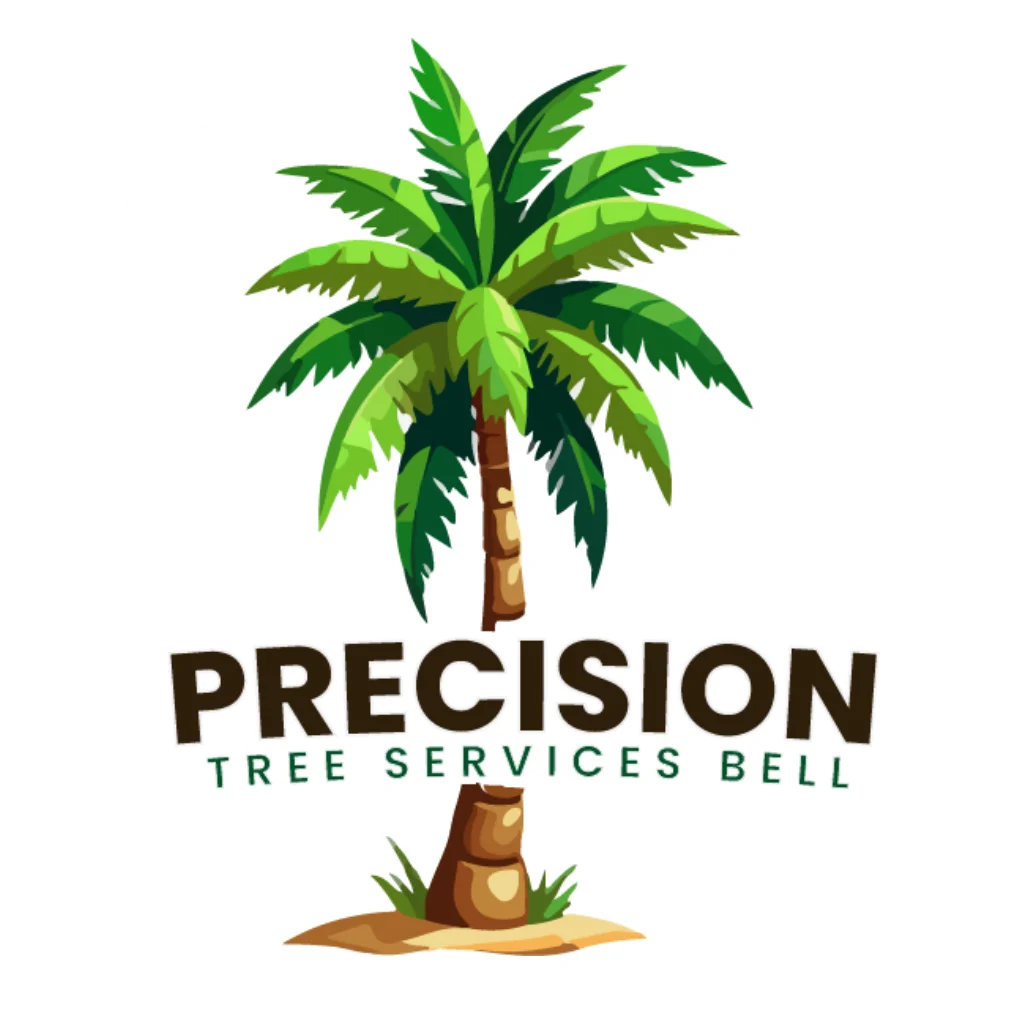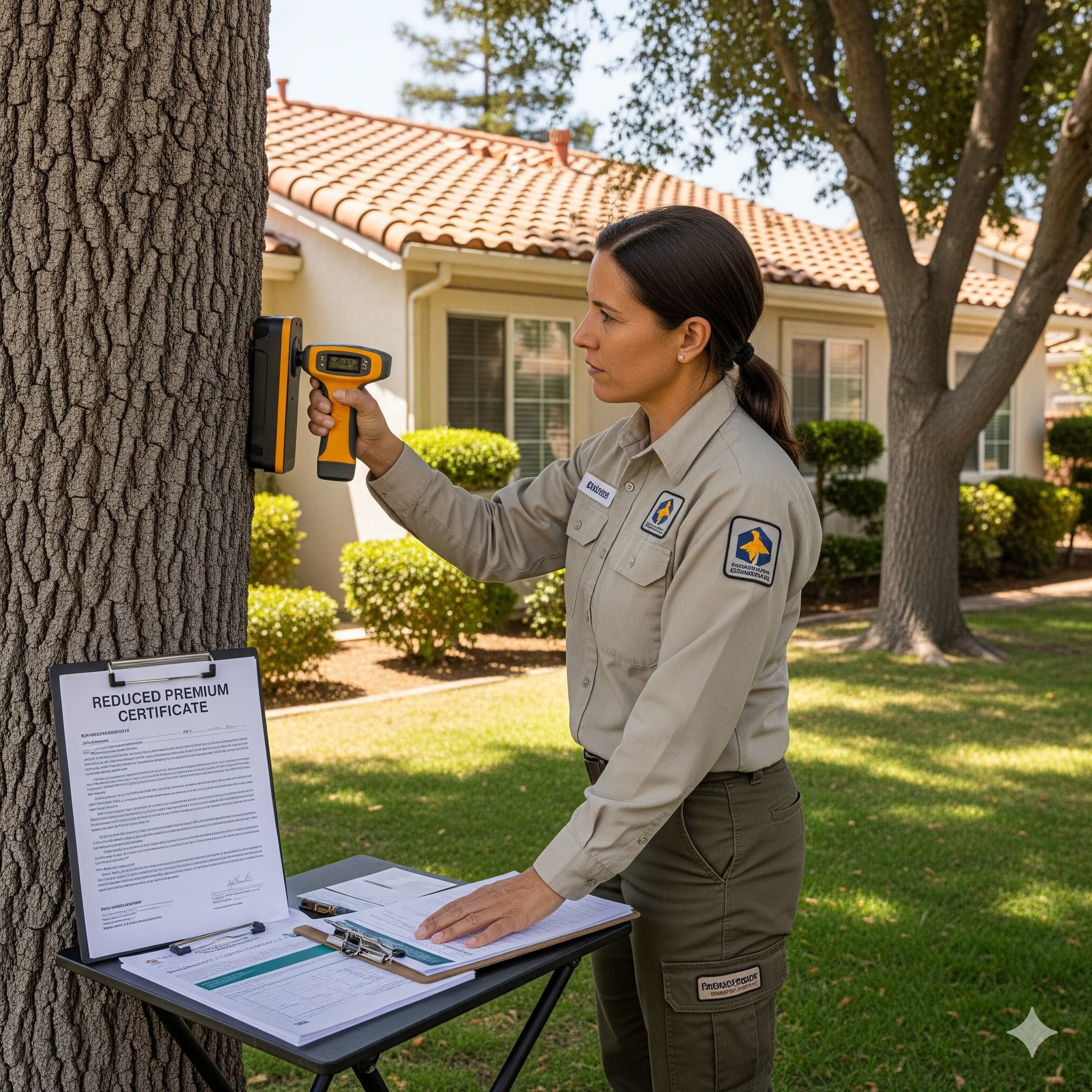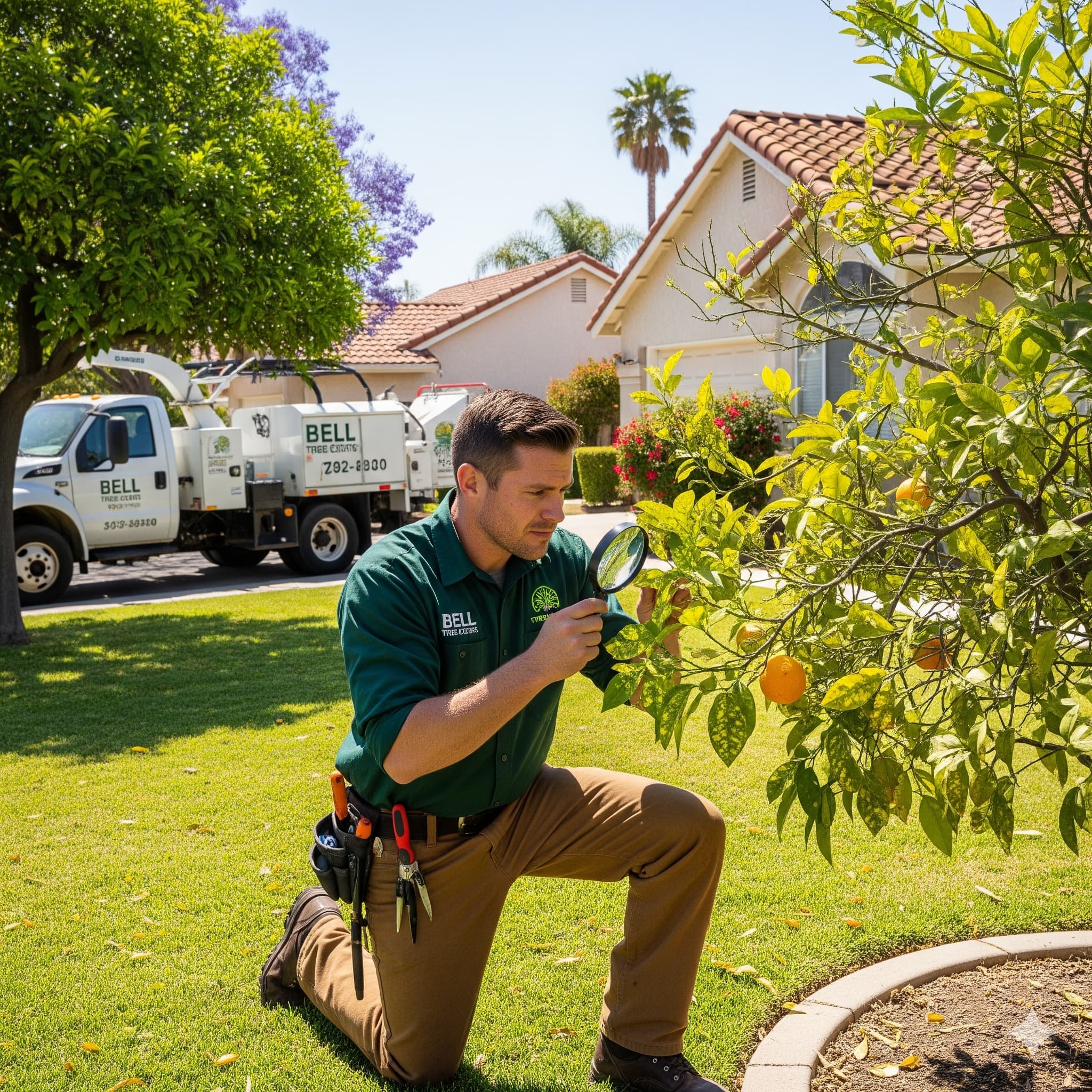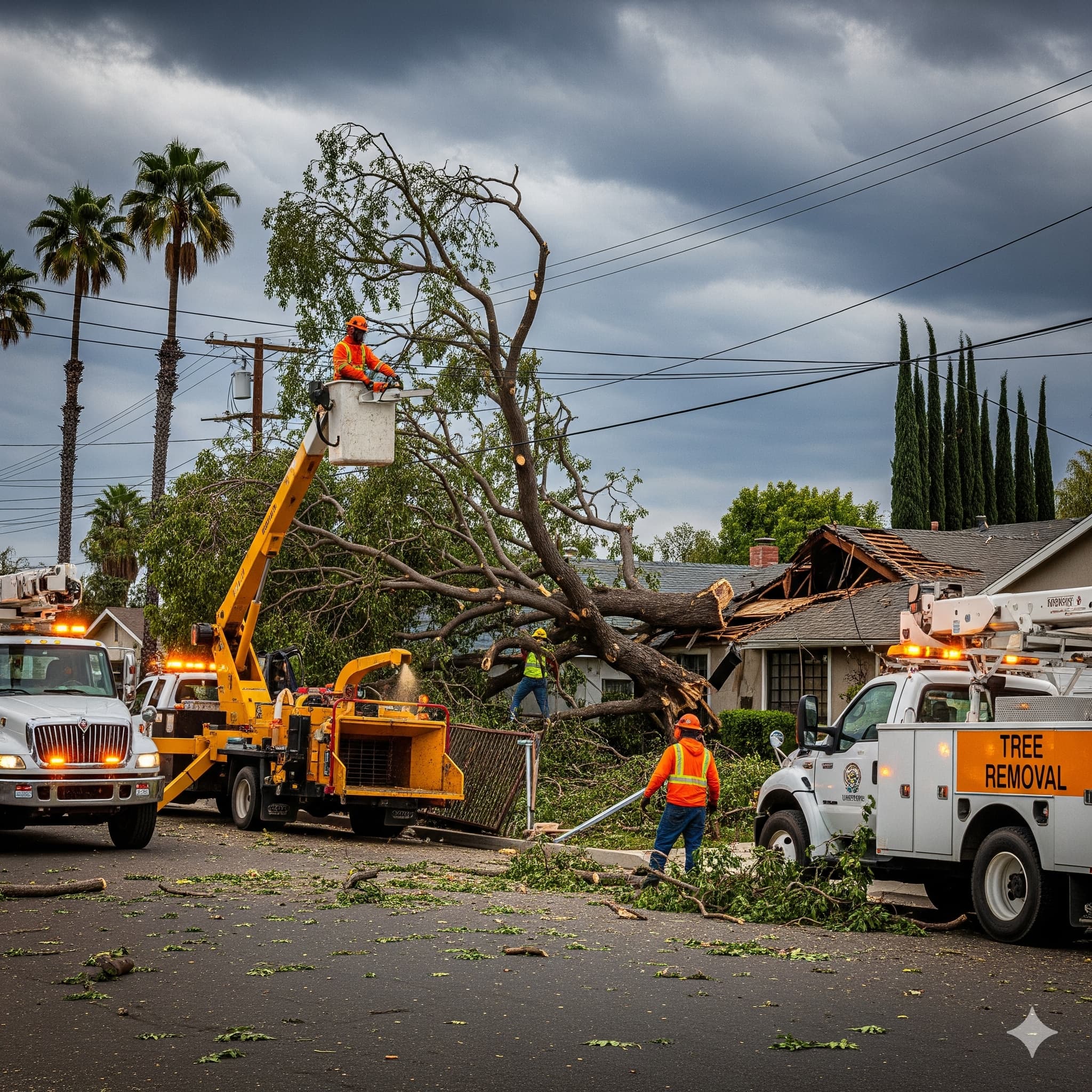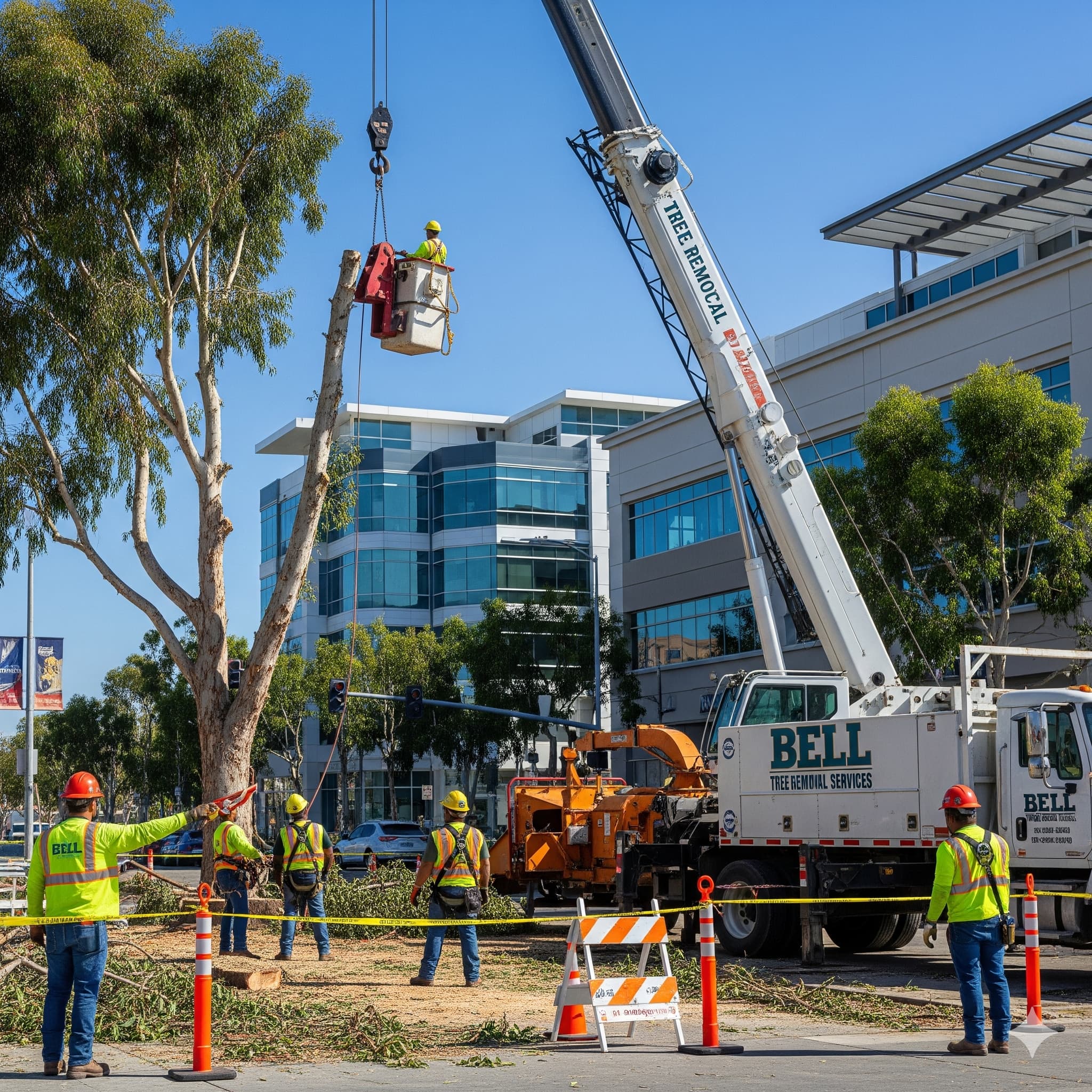
Professional Tree Cutting: A Comprehensive Guide
Tree Cutting Bell
Proper equipment inspection precedes every cut. Personal protective gear includes helmets, safety glasses, steel-toed boots, and ear protection. Site assessment identifies hazards like power lines and structures. Emergency protocols ensure rapid response to accidents.
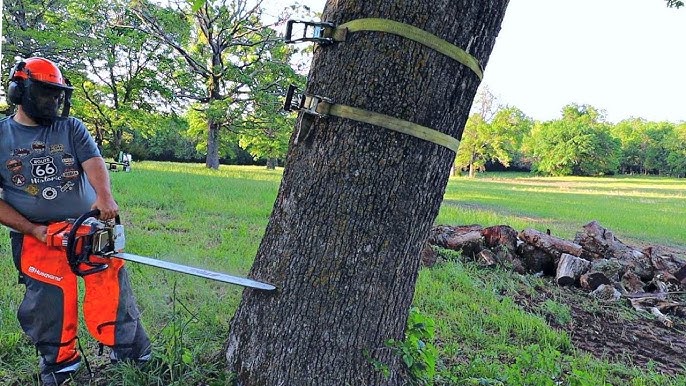
Advanced Cutting Techniques
A variety of techniques can be employed to control the direction that a tree falls in, directional felling controls the path which a tree will fall in, face cuts determine what direction a tree will fall in, back cuts are utilized to help prevent “barber chair” splits when trees fall, rope systems are used to safely lower branches from large trees, and proper notches help to prevent splitting of the trunk.
Equipment Selection and Maintenance
To provide the best possible service with professional-grade chainsaws, they need to be properly maintained on an ongoing basis. Chainsaws with sharp blades are able to make clean cuts through trees and, therefore, minimize the amount of damage that is done to the tree during the removal process. The guide bar on a chainsaw needs to be inspected regularly to ensure it has no signs of wear or other damage. In addition to using chainsaws, various specialized tools are also available for removing trees of varying sizes. The longer the equipment is cleaned and maintained properly, the longer its lifespan of the equipment.
Environmental Considerations
Before removing a tree, a wildlife habitat assessment needs to be conducted to identify any potential risks to wildlife, such as birds or bats that may have made their nests in the tree. Depending upon the results of this assessment, the time of year that the tree is removed may also be limited by the fact that nesting seasons are typically regulated by law. To prevent damage to a tree’s root system that could lead to soil erosion after the tree is removed, all of the roots should be removed at the same time as the stump. After the tree has been removed, debris management is required to comply with local laws and regulations. Finally, native species preservation is an important consideration when deciding how to proceed with the removal of a tree.
Legal Requirements and Permits
The removal of trees is regulated by local ordinances and regulations, which vary from municipality to municipality. Therefore, prior to beginning the removal of a tree, a determination needs to be made whether there are any protected species (such as certain types of oak) that require special permits before the removal process can begin. A determination needs to be made regarding the proximity of the tree to the owner’s neighboring properties and/or fences, and whether removal of the tree would pose any threat to them. Documentation from a certified arborist is generally required by insurance companies to prove that a tree was removed legally and in accordance with all applicable laws and regulations. In addition, many property owners require professional documentation from a certified arborist to demonstrate compliance with legal requirements and/or local regulations.
Post-Cutting Site Management
After a tree has been cut down, several post-cutting site management tasks need to be completed. For example, in some locations, there may be several stump grinding options, depending on the type of tree that was removed and the overall size of the tree. In addition, if necessary, the roots of the tree that were left behind after the tree was removed need to be removed in order to prevent the possibility of regrowth. Once the roots have been removed, the soil in the area where the tree was located needs to be restored in order to promote the good health of the surrounding landscape. All debris that was generated as a result of the removal of the tree needs to be removed in a manner consistent with all applicable safety protocols. Finally, once all debris has been removed, the site needs to be cleaned up in a manner consistent with the standards set forth by the local municipality.
Risk Assessment Framework
In addition to a physical evaluation of the tree itself, a risk assessment framework must be developed to determine the safest way to remove the tree. The risk assessment framework includes target zone analysis, which assesses the potential damage to the property owner’s home or other structures that may exist nearby. The weather is also a factor in determining the best time to remove the tree. Finally, a professional assessment of the tree needs to be performed to identify any potential hidden hazards associated with the removal of the tree, and emergency procedures should be established in the event of unexpected complications during the removal process.
Conclusion
Removing a tree is a very complex and dangerous process that requires the use of specialized equipment, extensive knowledge of tree biology, and the ability to follow strict safety protocols. Precision Tree Services provides safe, efficient, and environmentally friendly tree removal services while protecting the property owner’s property and the environment.
